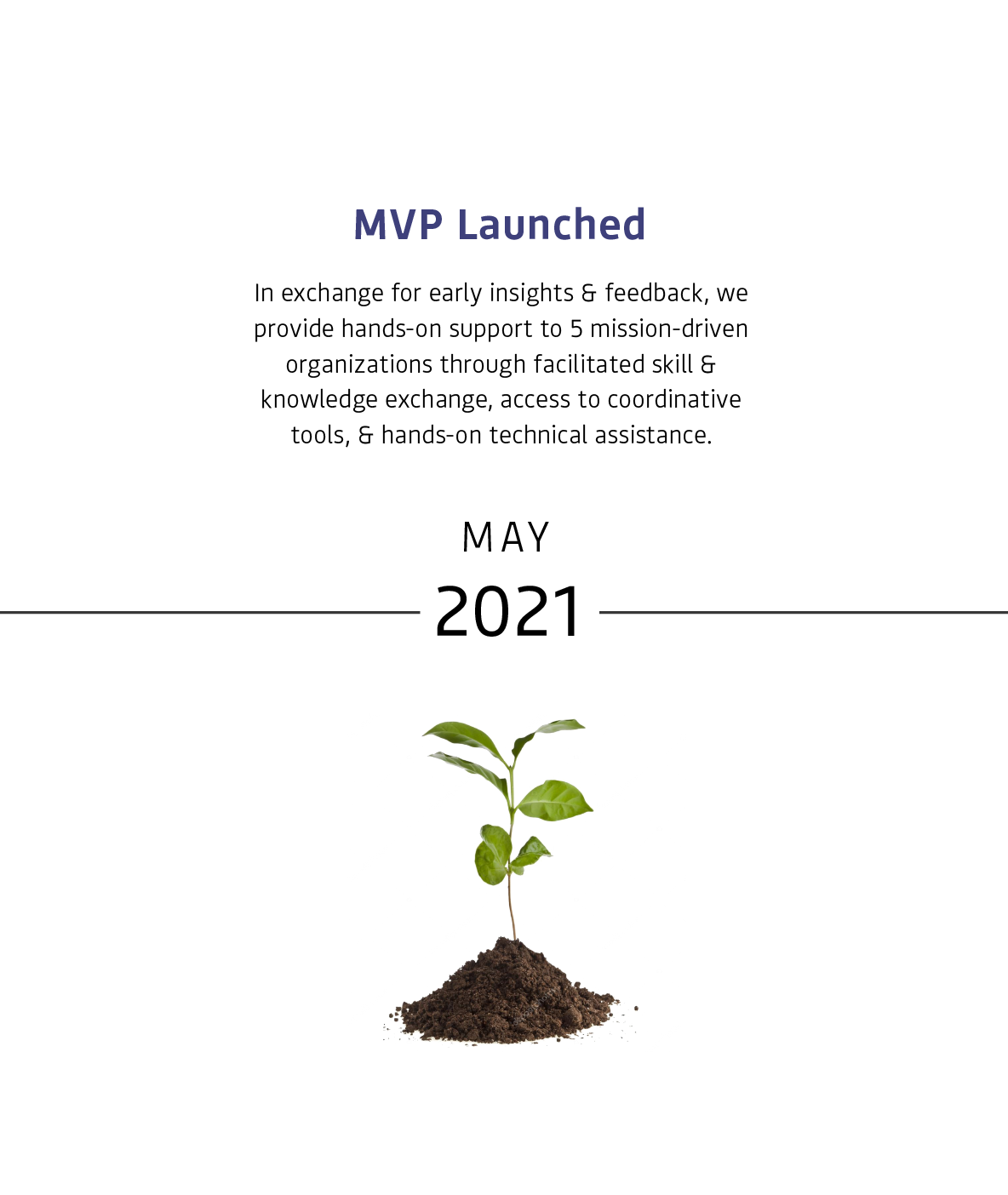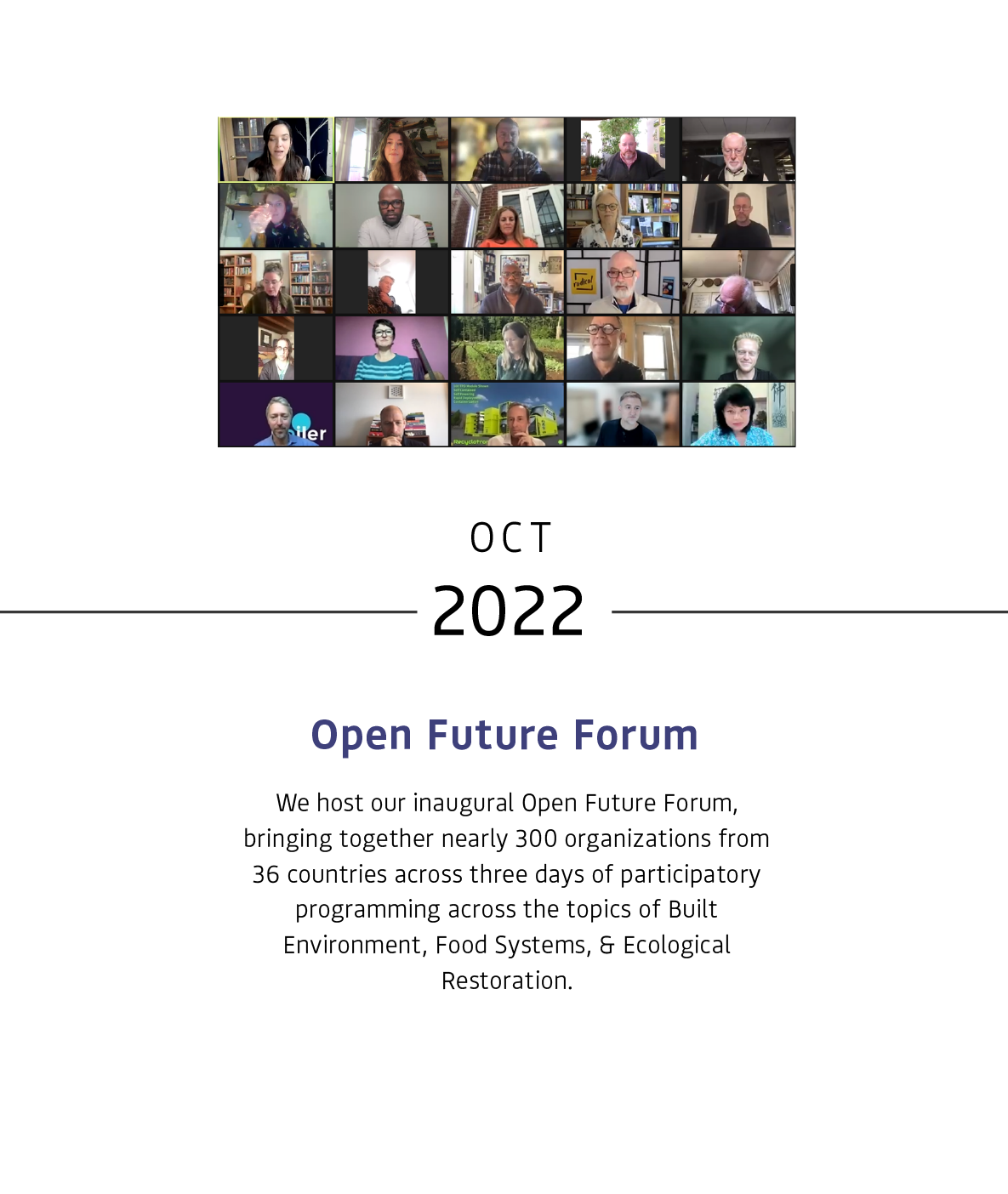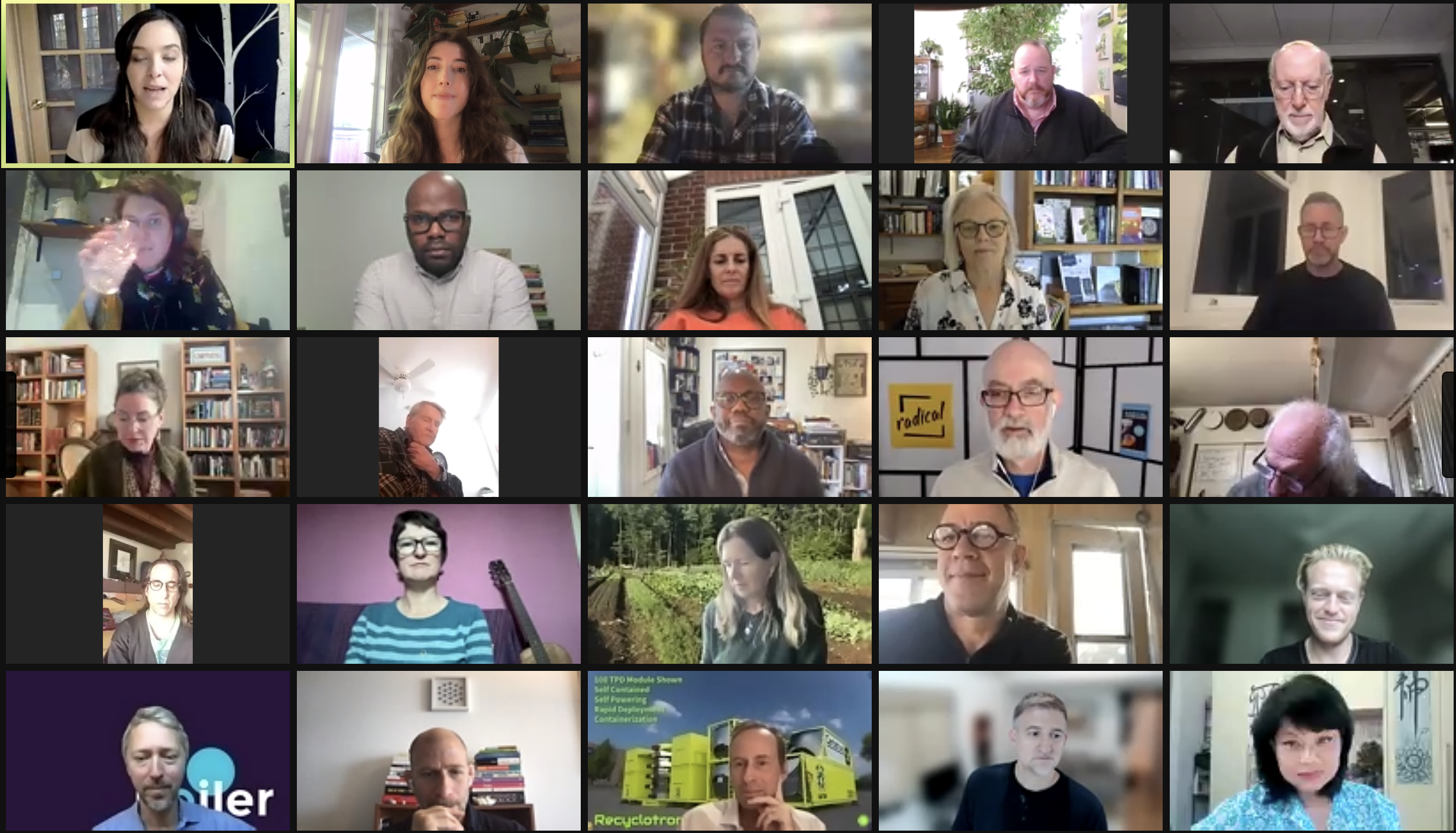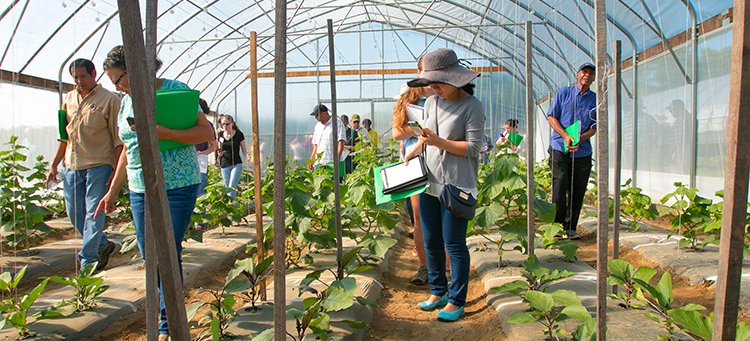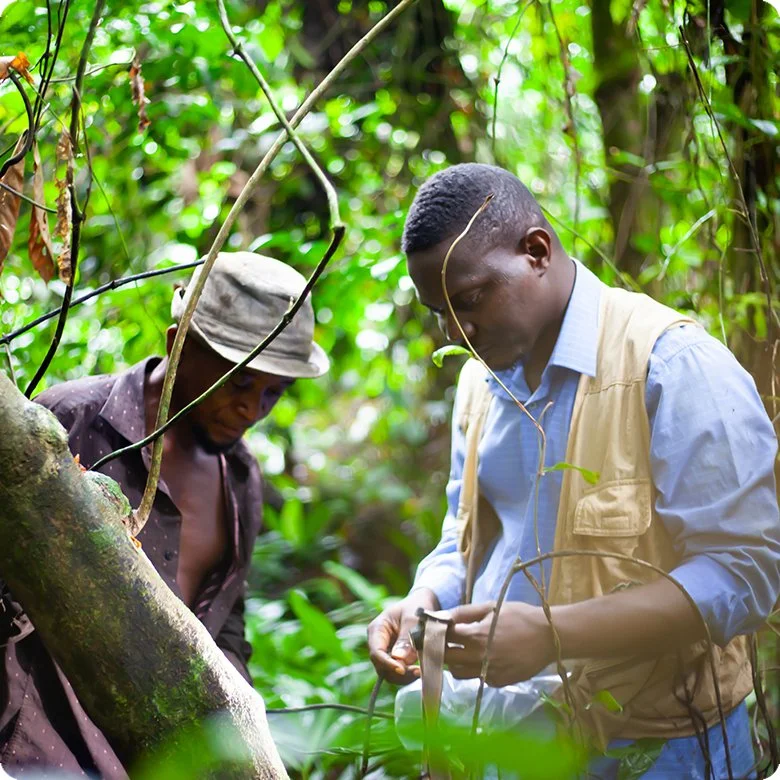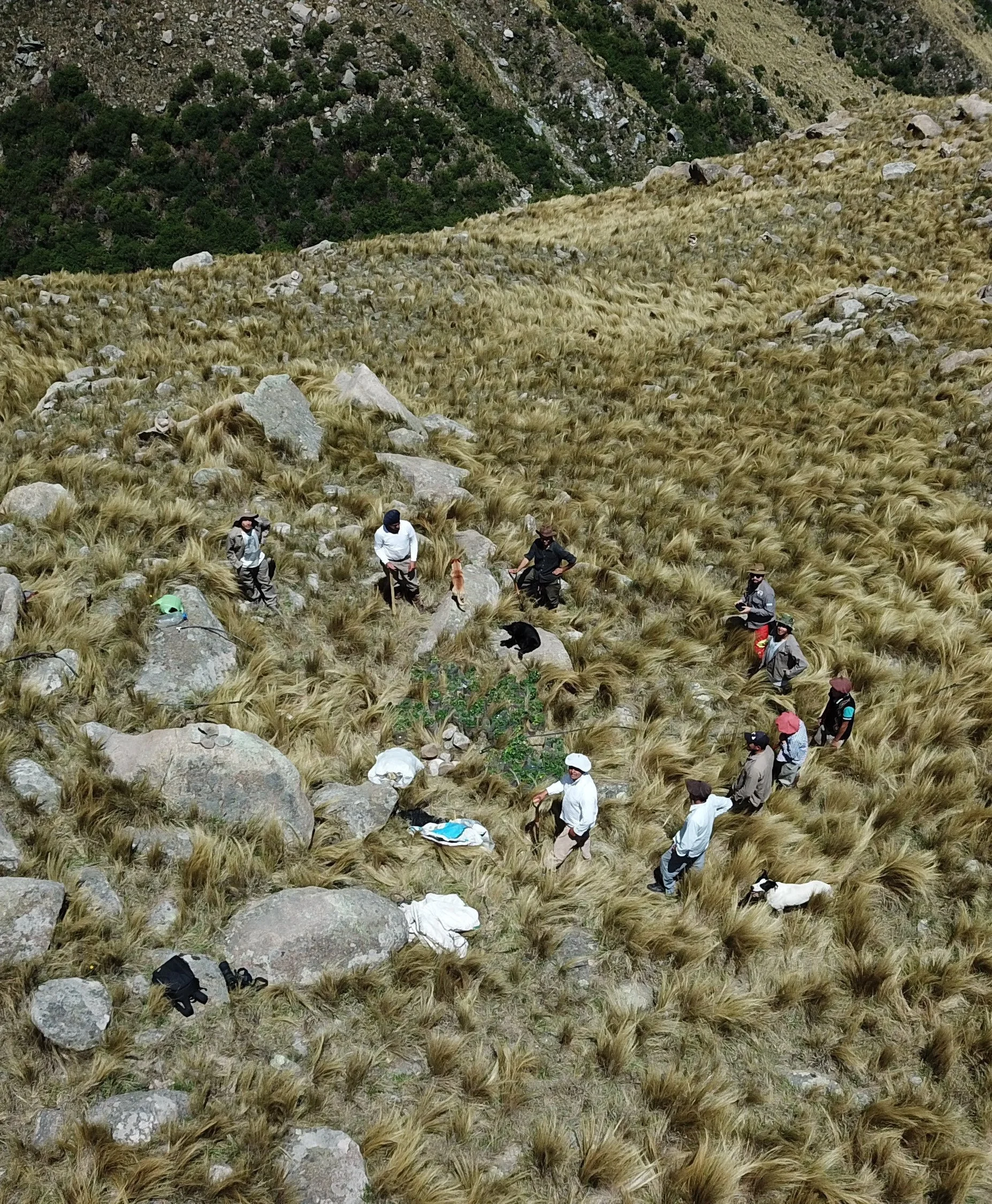About
Open Future
Coalition
We are designers, developers, social systems architects, economists, storytellers, and movement builders innovating social, technological, and financial tools that support our ability to collectively innovate on, resource, and apply solutions to the world’s most pressing issues.
Although Open Future Coalition is the culmination of our team and partners’ life’s work, we came together officially in January of 2021 to help the global impact ecosystem strengthen its collaborative capacity by empowering the transparent exchange of capital, skills, and knowledge in service of measurable impact. Our first endeavor has been the launch of Open Impact, a network where impact organizations, donors, & community members can come together to match the right organizations with the right resources to maximize impact. In November of 2021, we onboarded 30 impact organizations in 13 countries to our private alpha, soon growing into our beta launch with 170 organizations in 16 countries, who we’ve learned and tested alongside as we’ve incorporated feedback and expanded our shared vision.
We are honored to be growing alongside a rich impact ecosystem who are stewarding innovative and essential projects in areas like Regenerative Agriculture, Food Systems, Water, Community Wellness, Community Resilience, Climate Action, and Economic Equity. From community-led watershed remediation in Rajasthan to food systems collaboration and education in Hawai’i, healthy childcare in Chicago to food forests in Zimbabwe, we truly believe that this rich soil of collective learning will allow a vibrant and complex understory to take root. We recently harvested some of these learnings with the inaugural Open Future Forum, where 300 of our partners and allies in 36 countries participated in 34 hours of programming.
In our current phase, we’re partnering on core demonstration projects that help us refine how we design, measure, document, templatize, amplify, and resource networks of on-the-ground solutions. How do we effectively scale a project from one, to three, to three hundred, without losing contextual and bioregional relevance? How do we connect smallholder farmers with one another and with buyers of commodities to shift market dynamics to favor more regenerative practices? Can agencies more effectively coordinate, communicate, and apply resources in times of displacement?
By continuing to gather, apply, and advance collective community intelligence through distributed technology, capital innovation, social architecture, educational and community programming, and participatory design, we believe that together, we can write a new story for humanity that values our community and planetary thriving above speculation and extraction.

OUR WHY
Solutions to the world’s greatest challenges are all around us. But the most promising local efforts are often disconnected from one another, and from the resources they need to reach their full potential.
OUR WHAT
We build technical, social, and financial tools that support our ability to collectively innovate on, resource, and apply solutions to the world’s most pressing challenges—taking the tools of enterprise and making them accessible at the grassroots.
Technical Tools
We’ve started by launching Open Impact, a multi-sided ecosystem that builds the collective capacity of on-the-ground efforts, transparently measures their progress, and matches them with the resources they need to scale—whether it’s capital, skills, or knowledge.
Social Tools
We facilitate design sprints, working groups, and community salons to advance the shared aims of our ecosystem—bringing together practitioners, funders, policymakers, and storytellers to share skills, knowledge, and best practices.
As we practice patterns for self organizing in our own network, we publish and share these learnings and templates as part of a common body of infrastructure for social governance and organizing.
Our latest “Open Future Forum” brought together 300 multidisciplinary participants from 36 countries across 24 sessions.
Financial Tools
Open Future Fund is a growing set of tools and practices for ecosystem approaches to funding. We convene, syndicate, support, and invest in local funds to apply the right resources at the right time while supporting the long-term resilience of on-the-ground efforts.
We invest in those addressing the most pressing challenges of our time, while providing contexts for cooperation and shared learning: facilitating systems-level optimization towards local social and ecological resilience and regeneration. We work deeply with our network and local communities to identify regions and sectors where projects and funders are already working together synergistically: matching them with contextual capital that supports their long-term growth and resilience.
Explore Our Projects & Programs
We leverage our own tools for sectoral organizing and bioregional demonstration projects, as we learn and model what’s possible.
Our
Story

